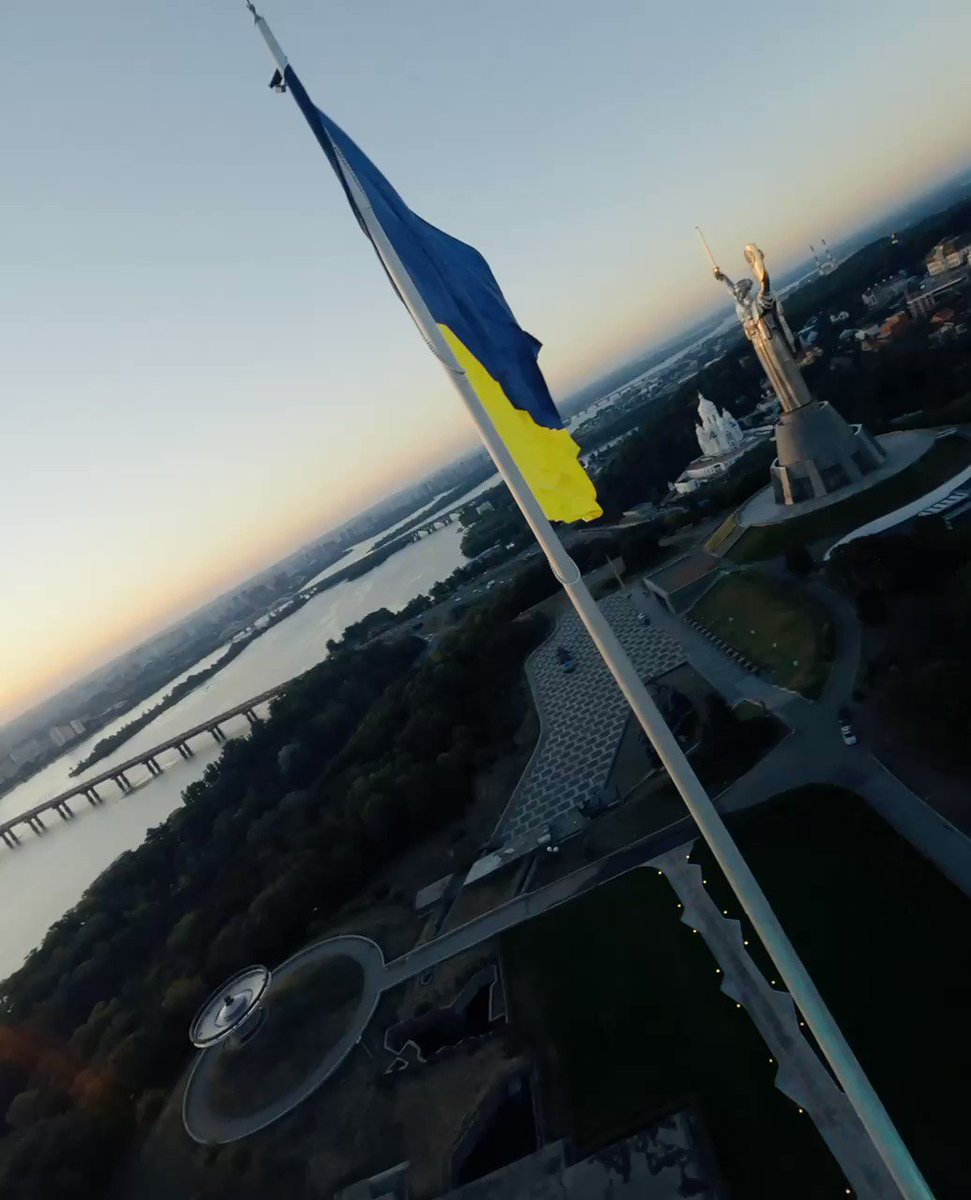A year ago, I blogged the following on this very date:
That was all the content of the post. I had no idea what to write about putin’s full-scale military invasion of Ukraine. I was simply at a loss for words.
A year has gone by. A whole year. 365 days of war. A war in which people have died. People have fled. People have even left Ukraine seeking refuge in neighboring and far away countries.
For someone like me, who has no personal experience of war, great literature helps me understand the horror of war. Like Hemingway’s A Farewell to Arms.
As Hemingway put it, war is hell. He wrote in A Farewell to Arms:
"There is nothing as bad as war. ... When people realize how bad it is they cannot do anything to stop it because they go crazy. There are some people who never realize. There are people who are afraid of their officers. It is with them the war is made"
"I know it is bad but we must finish it."
"It doesn't finish. There is no finish to a war."
"Yes there is."
Passini shook his head.
"War is not won by victory. ...
Yet, we continue with wars. There certainly seems no finish.
Wishing for peace is something we have been doing for thousands of years. Every time we think we are getting close to achieving it, we humans decide to return to our old ways of killing. Whatever happened to the "peace dividend" that we thought was possible when the Soviet empire collapsed!
We have no idea when this particular war will end; how it will end; and what comes after it ends.
Uri Friedman writes at The Atlantic:
Prepare for the possibility of a long, shape-shifting conflict, perhaps lasting years, even a decade or more. Watch how the rest of the world regards the Kremlin’s imperial ambitions. Expect any negotiated settlement to be fragile and reliant on third-party intervention. And don’t anticipate a dramatic finish, such as a Russian nuclear detonation in Ukraine or the overthrow of Vladimir Putin in Russia. Notably, in a reversal of perceptions a year ago, some experts could envision a decisive Ukrainian victory against Russia, but none forecast a decisive Russian win against Ukraine.
Reminds one of the situation in the Korean peninsula where the war has not truly ended.
Meanwhile, we need to always remember that we have a madman with enormous power and capabilities, which is what the historian Stephen Kotkin reminds us in his conversation with David Remnick of The New Yorker:
He has the capabilities. He’s got a lot of capabilities short of nuclear weapons. He could poison the water supply in Kyiv with chemical and biological weapons. He could poison the water supply in London, and then he could deny that it’s his special operatives that are doing that. He could cut the undersea cables, so that we could not do this radio broadcast. He can blow up the infrastructure that carries gas or other energy supplies to Europe. He’s got submersibles, he’s got a submarine fleet, he’s got special ops who can go right down to the ocean floor where those pipelines are located.
Kotkin’s argument, which I find convincing, is that some unpleasant compromises have to be made—sooner the better.
Let’s remember a divided Berlin, and East and West Germany. You lived through that. Nobody thought that would happen, but it was the right thing to do: to build a successful West Germany, integrated into Europe with a nato security guarantee. You can look at that as decades and decades of commitment, but also success.
While Ukrainians are being put through hell, what is the stance of the world’s largest democracy—India?
India does not even want to use the word “war” to describe Russia’s war against Ukraine!
“India’s reluctance to use the word war has got to do with its official stand, which is staying neutral in the Russia-Ukraine war,” Swasti Rao, associate fellow at the New Delhi-based Manohar Parrikar Institute for Defence Studies and Analyses’ Europe and Eurasia Centre told Bloomberg Television. “It has little to do with the role India is trying to play, which is calling for de-escalation and trying to mediate in many ways.”
India’s stand underscores how condemnation of Russia is far from unanimous.
Much of the global south actually sees the West's focus on Ukraine as a distraction from other, more pressing issues like food security, inflation and mounting debt.
A few months ago, India’s foreign minister, said this at a global conference: “Europe has to grow out of the mindset that Europe’s problems are the world’s problems, but the world’s problems are not Europe’s problems.”
I would think that most of the brown world thinks that way, even if they don’t openly make such a statement. That’s what the NY Times also reports:
A lot of world leaders don’t particularly like the idea of one country invading another. But many of them aren’t unhappy to see somebody stand up to the United States, either.
Throughout Africa, Latin America, Asia and the Middle East, many governments with strong official ties to the United States and Europe don’t see the war as a global threat. Instead, they’ve positioned themselves as neutral bystanders or arbiters, preserving as much flexibility as they can.
The rest of the world is not, therefore, going to rush to Ukraine’s defense—verbally at the United Nations and elsewhere, nor militarily. Peace, therefore, depends on the unpleasant compromises that Ukraine and Russia are prepared to make. Peace depends on the unpleasant compromises that the rest of Europe and the US are willing to support.
Whatever happens, in more ways than one, ultimately, Ukraine will prevail.



